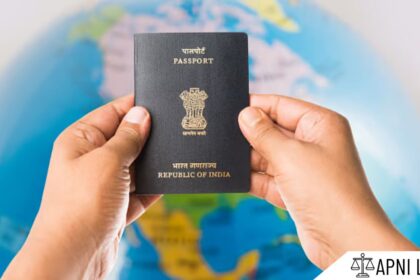Introduction: Family Court Rejects Child Custody
The Patna High Court rejected a father’s plea seeking child custody of his 10-year-old daughter. The girl has been living with her maternal grandparents since infancy. The court ruled that she currently receives more warmth, affection, and emotional security from them than she would with her father.
Case Background
The child lost her mother in 2016 due to an accident while her mother was pregnant and staying with her parents in Muzaffarpur. Since then, the maternal grandparents have taken care of the child. The father, who was posted in Delhi, shifted to Patna after the incident and remarried in 2017. He now has a son from his second marriage.
The father approached the Family Court under Section 25 of the Guardians and Wards Act after being denied contact with his daughter. The Family Court rejected his petition, prompting him to file an appeal before the High Court.
Petitioner’s Stance
The father argued that, as the natural guardian under Section 4(c) of the Hindu Minority and Guardianship Act, 1956, he had the legal right to custody. He claimed to be financially and professionally capable of providing a better life. Citing Section 19(b) of the Guardians and Wards Act to argue that his rights could not be denied unless proven unfit. He also stated that his remarriage did not disqualify him from guardianship.
Court’s Ruling
The division bench, led by Justices P. B. Bajanthri and Sunil Dutta Mishra, found that the child had built a stable emotional bond with her maternal grandparents. The court cited psychological reports and direct interactions, which showed that the child was comfortable and well cared for.
The bench stressed that legal guardianship and actual custody are different. Relying on Supreme Court rulings, it emphasized that the child’s welfare takes precedence over legal rights.
Final Verdict
The High Court upheld the Family Court’s order. It ruled that the girl should remain with her maternal grandparents until she becomes an adult or chooses to live with her father. The court noted that disrupting the current arrangement could cause emotional trauma.
However, the court granted the father visitation rights and directed him to maintain regular interaction with the child. It also ordered him to deposit ₹10 lakhs for her education and marriage and pay ₹7,000 monthly maintenance with annual increments.
The court concluded that the current custody setup serves the child’s best interests and cannot be changed based on uncertain future outcomes.











